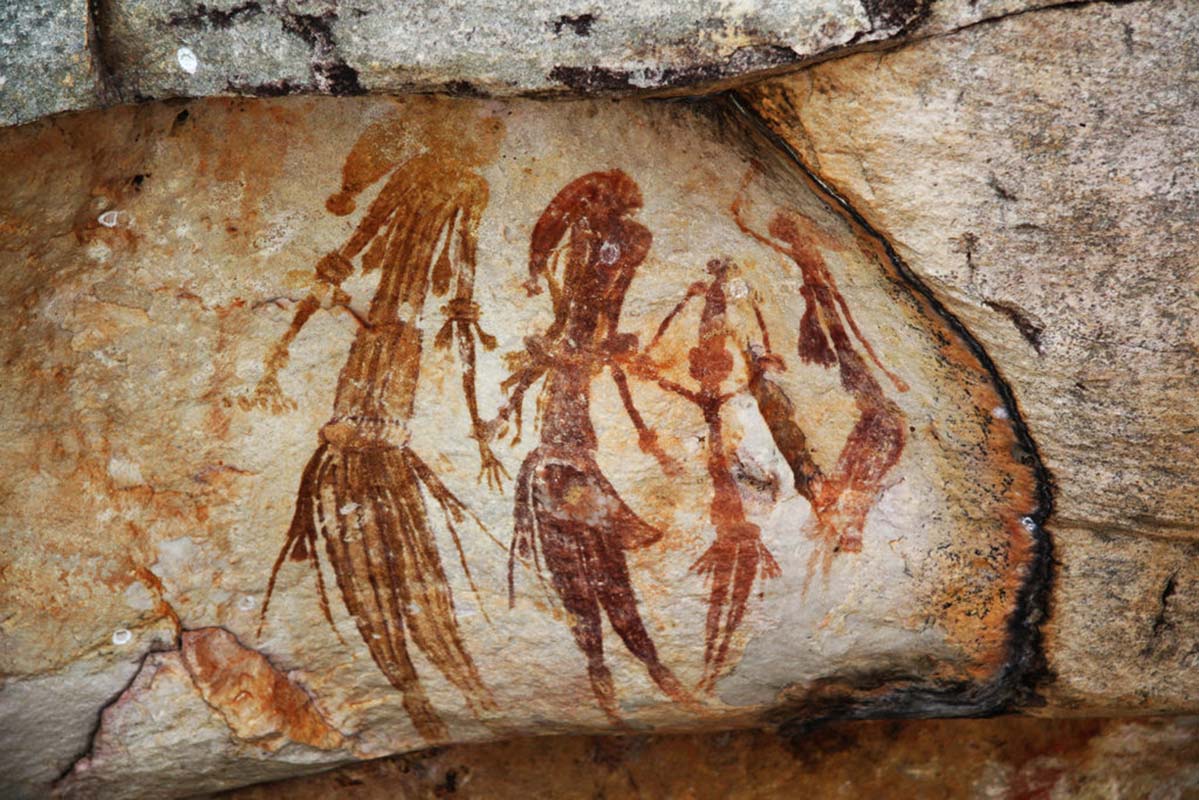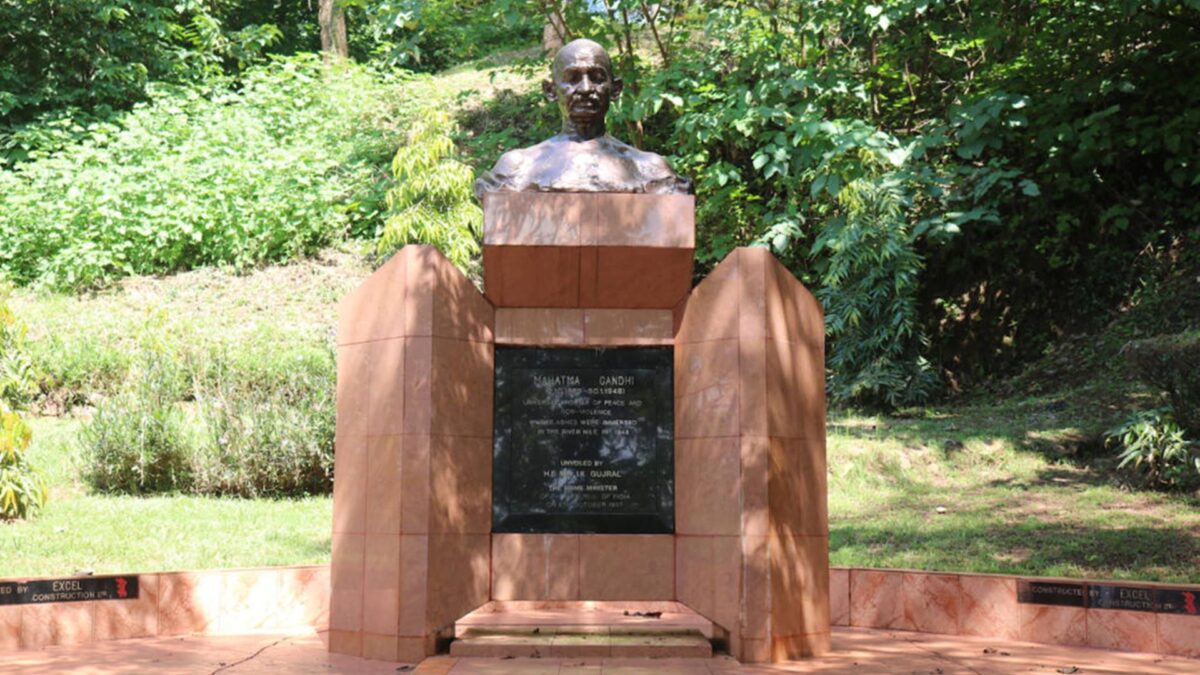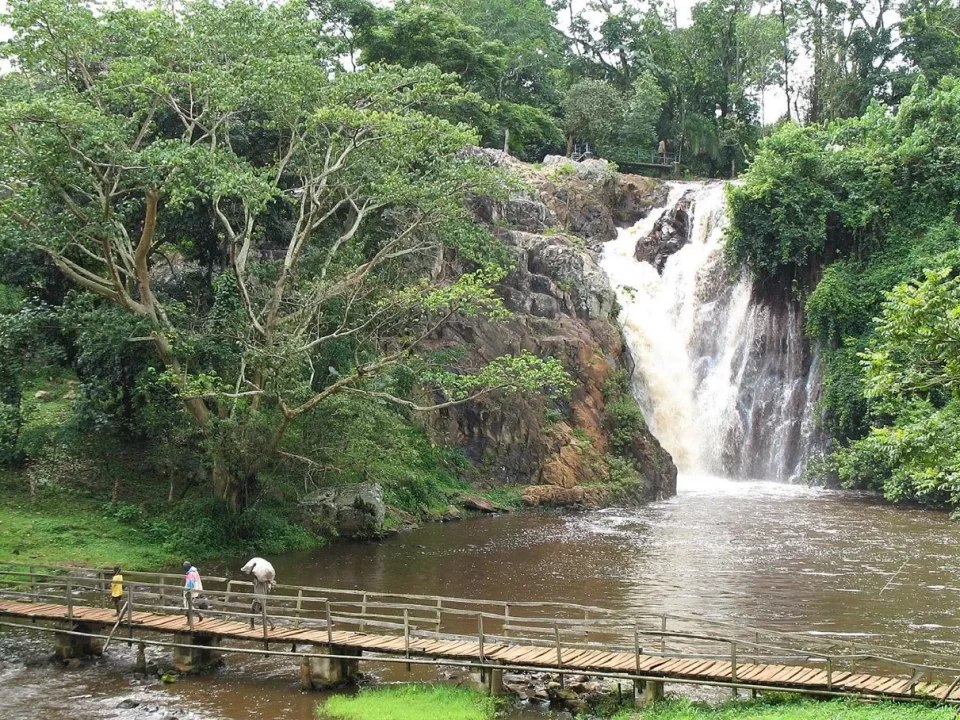
Safaris and Tours to Marine National Park Malindi
September 11, 2023
Visit Nyero Rock Paintings, Uganda Sights
September 11, 2023Exploring the Mahatma Gandhi Monument at the Source of the Nile: A Tribute to Peace
Venturing to the Source of the Nile in Jinja, Uganda, you might encounter an unexpected and profoundly symbolic sight: the Mahatma Gandhi Monument, a shrine commemorating the life and legacy of the great Mahatma Gandhi. This remarkable monument serves as a testament to his enduring commitment to peace and his remarkable wish as he neared the end of his earthly journey in 1948. In adherence to his final wishes, his ashes were distributed across several of the world’s most significant rivers, including the Nile in Uganda. The bronze bust, a generous gift from the Indian government, stands proudly as a permanent reminder of this act of reverence and unity.
Vice-President Ansari Pays Homage to Mahatma Gandhi at the Nile’s Origin
Vice-President Hamid Ansari paid heartfelt floral tributes to Mahatma Gandhi at the source of the River Nile in Jinja, Uganda, where a portion of the Mahatma’s remains found their final resting place in 1948. This poignant moment in history reaffirmed the profound connection between India and Africa, with Mahatma Gandhi emerging as one of the strongest bridges between these two great nations. Vice-President Ansari’s visit, beginning on February 21, included a touching ceremony where he planted a sapling after laying flowers at the base of Mahatma Gandhi’s bust in Jinja—a city that has become a vibrant hub for the Indian community in Uganda.
The Mahatma Gandhi Monument, a testament to unity and peace, was thoughtfully installed by the Indian government and inaugurated by then Prime Minister IK Gujral in 1997. Nestled amidst serene and verdant surroundings, this bronze likeness of Mahatma Gandhi captures his contemplative spirit. The plaque beneath the monument eloquently states, “Universal apostle of peace and non-violence whose ashes were immersed in the river Nile in 1948.”
Accompanied by his wife Salma, Union Minister of State for Social Justice and Empowerment Vijay Sampla, and four esteemed Members of Parliament—Kanimozhi, Ranvijay Singh Judev, Ranee Narah, and PK Biju—Vice-President Ansari continued his visit to the Source of the Nile River, a location of immense historical and cultural significance. This journey to Uganda marked India’s first bilateral visit to the country since 1997 and aimed to strengthen India’s ties with the African continent. Gandhi’s enduring philosophy and principles remained at the forefront of Vice-President Ansari’s addresses, particularly during his speech at the University of Rwanda. He emphasized the profound connection between the anti-colonialism struggle and the fight against discrimination, highlighting Africa’s pivotal role in inspiring India’s struggle for national liberation. In his own words, “India owes an unforgettable debt of gratitude to Africa’s role in inspiring our struggle for national liberation. It was on this continent that Mahatma Gandhi developed and first practiced the concepts of non-violence and peaceful resistance that won India its freedom.”




